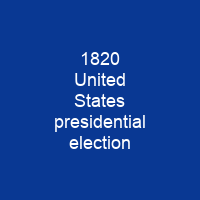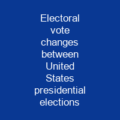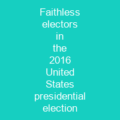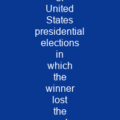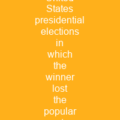The 1820 United States presidential election was the ninth quadrennial presidential election. It saw incumbent Democratic-Republican President James Monroe win re-election without a major opponent. Monroe and George Washington remain the only presidential candidates to run without any major opposition.
About 1820 United States presidential election in brief

Since President Monroe’s re-nomination was never in doubt, few Republicans bothered to attend the nominating caucuses in April 1820, with few or no delegates from the large states of Virginia, Pennsylvania, North Carolina, Massachusetts, and New Jersey. Mississippi, Illinois, Alabama and Missouri participated in their first presidential election in1820, Missouri with controversy, since it was not yet officially a state. By the time Congress was due to meet to count electoral votes from this election, the dispute had lasted over two months. Proponents claimed that Missouri had fulfilled the conditions of the Missouri Compromise of 1820 and therefore was a state and therefore a candidate for the presidency. After Congress reconvened in November, the issue of Missouri became an issue of contention and was resolved by a vote in the House of Representatives. The vote was held on November 9, a day before the end of the first session of Congress. It was the last of six straight victories by Virginians in presidential elections. Monroe was the first presidential candidate to receive at least 200 electoral votes in a victorious campaign. No other post-Twelfth Amendment presidential candidate has matched Monroe’s share of the Electoral Vote.
You want to know more about 1820 United States presidential election?
This page is based on the article 1820 United States presidential election published in Wikipedia (as of Dec. 06, 2020) and was automatically summarized using artificial intelligence.
